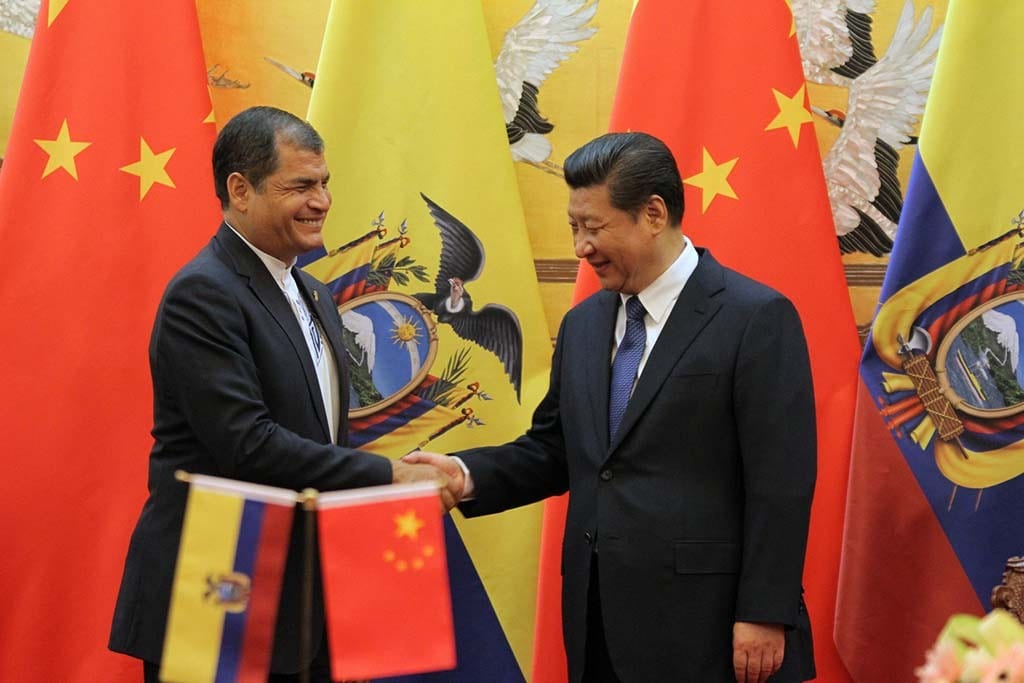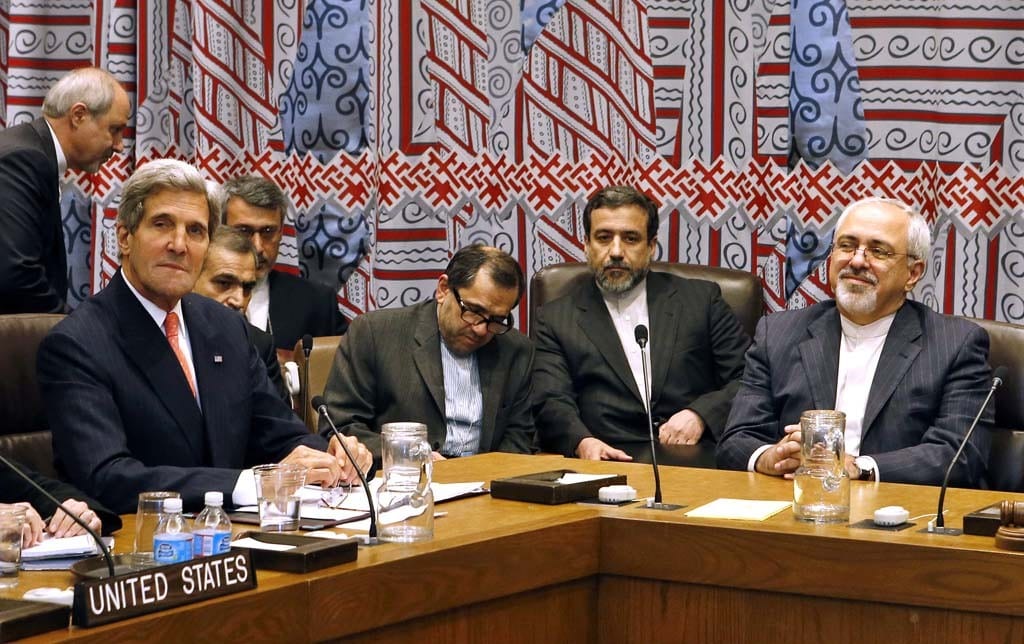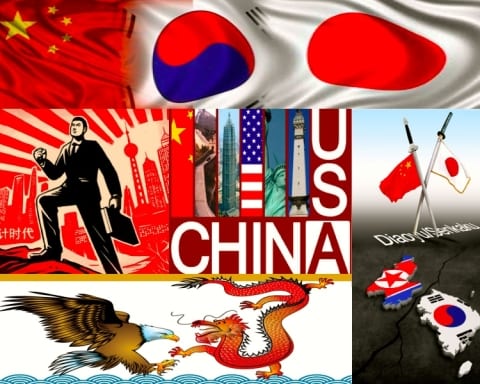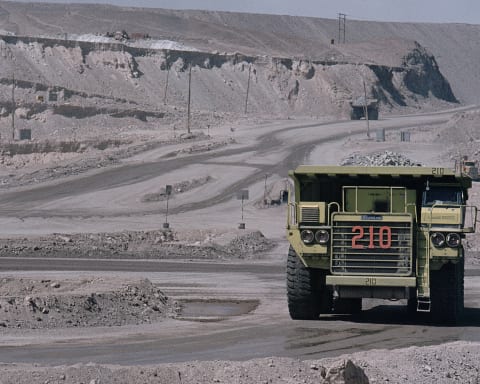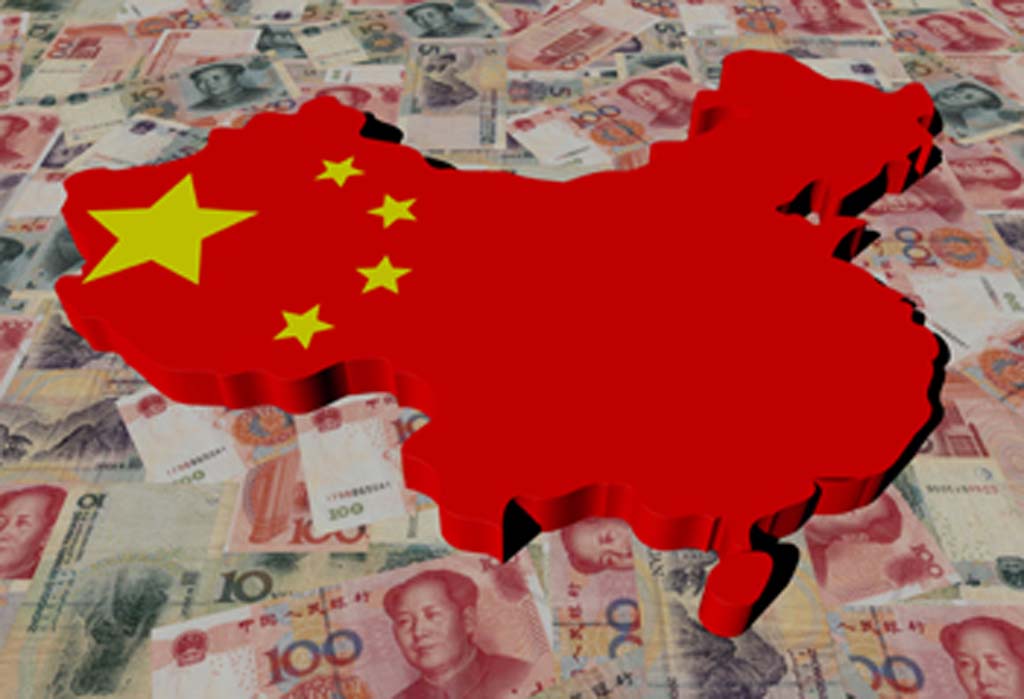Only one in four people in the work force worldwide have a secure job with a permanent contract. The remaining three-quarters are employed “on temporary or short-term contracts, working informally without contract, self-employed, or in unpaid family jobs,” according to the International Labour Organisation (ILO). As a graduate student, finding this out has done nothing to allay fears of becoming gainfully employed after graduating, although quite frankly, and perhaps more depressingly, the findings are not exactly surprising. The post-crisis era has seen a marginal recovery in some economies, but job creation is slow and the actual jobs being created are only designed for part-time employment.
Temporary jobs, albeit inherently insecure, are not all bad; they are the first jobs people go into after graduating to get a foothold in their desired career. There used to be the expectation of guaranteed progress towards a more permanent position. These expectations are now laughable. The financial crisis has forced people who were laid off from these permanent positions to pick up whatever odd jobs they could find to support themselves—a step down from which it is still hard to recover from even now. This lack of security, combined with the lack of a safety net and professional identity builds frustration and contempt among those who feel they cannot construct an identity whereby they can pursue both work and play in a narrative they want to create.
This group of troubled people has been labeled differently in each country, from Japan’s “Freeters” to the U.K’s “Not in Education, Employment or Training (NEETS).” The label that seems to be gaining more traction in recent years, however, highlights the actual sentiment felt by these groups: the precariats. Economist, Guy Standing, has popularized the term, defining the precariats as a “class” of a “rapidly growing number of people facing lives of insecurity, moving in and out of jobs that give little meaning to their lives,” among other things. Consisting of the unemployed, migrants, and students in tertiary education, this class is by no means homogenous; women outflank men in demographic composition.
The birth of this class can be traced back to the 1970s when neoliberalism strode hand-in-hand with globalization to replace the ailing welfare states, paving the way for the market mechanism to make decisions for the economy. Standing remarks on an increase in “investment, employment, and income flow to where conditions are most welcoming” since then has been further exacerbated by the fact that 2 billion more people now live on the planet. By effectively replacing stable jobs with offshoring, casual labor, and peripheral and informal economies, on top of re-regulating the market so that companies can write the terms and conditions of how their employees can benefit from state policy, the system was re-wired to keep companies cost-effective and to prevent labor from putting up barriers like unions to reduce their competitiveness.
It is not unusual to see immigrants and the unemployed in this class—arguably the most alienated groups in society—as they are often treated with little sympathy by the masses. What is perhaps more peculiar is the inclusion of highly educated students in the precariat. Even students who are highly educated and looking for work after graduation are having difficulty achieving full-time employment. While it is of course expected that graduates do not find permanent work initially, two factors can be observed as contributing to this phenomenon over the past decade that has made the search for permanence and security a worryingly indefinite one.
Firstly, (and I think this is no surprise,) is debt incurred, ironically enough by trying to obtain an education to propel oneself into a desired occupation. In countries where student loans are not interest-free, paying them off while working part-time with no certainty of whether one can keep one’s job (let alone move up the ranks) is stressful, and the job itself is often unfulfilling and irrelevant to the desired career path.
This dovetails quite nicely into the second factor, which is probationary employment: apprenticeships and internships alike. These positions are supposed to help secure employment later on, but are now used instead as the company’s means of acquiring cheap labor, pitting hopefuls against each other for work that does not even guarantee them job security after. On a larger scale this reduces wages and opportunities that are already few and far between, preventing graduates from getting work at all, much less work that pays them poorly.
Students along with other members of the precariat class face growing frustration and anxiety over the little security they have while the rich luxuriate in it. This can produce dangerous results if the imbalance remains unaddressed. The chronically insecure are observed to develop lower tolerance and altruism, allocating the blame of their societal position to outsiders—immigrants, who are funnily enough also part of the precariat. Additionally, because these insecurities have forced people to focus on short-term day-to-day survival, they are also less likely to be politically engaged. Fewer people belonging or voting for their parties out of apathy or disillusionment has also yielded a general drift to the right. This leaves little time and remaining energy to think more seriously about the long term, and to properly participate in civil society that could aid in alleviating their problems.
So, what is to be done? And what can be done? Although these are questions that cannot be fully answered, several economists (including Standing) cite a universal, unconditional basic income and a deliberative democracy as the fundamental requirements for providing the precariat with security and a feeling of inclusion in a society they are alienated from. By adopting elements of consensus decision-making as a product of fair discussion and reasonable debate among citizens, they become more engaged in the state’s democratic process. These two proposals are by no means without flaws, but the fact remains that insecurity among a large section of the global population must be addressed if we are to reduce the possibility of unrest and budding political extremism.

